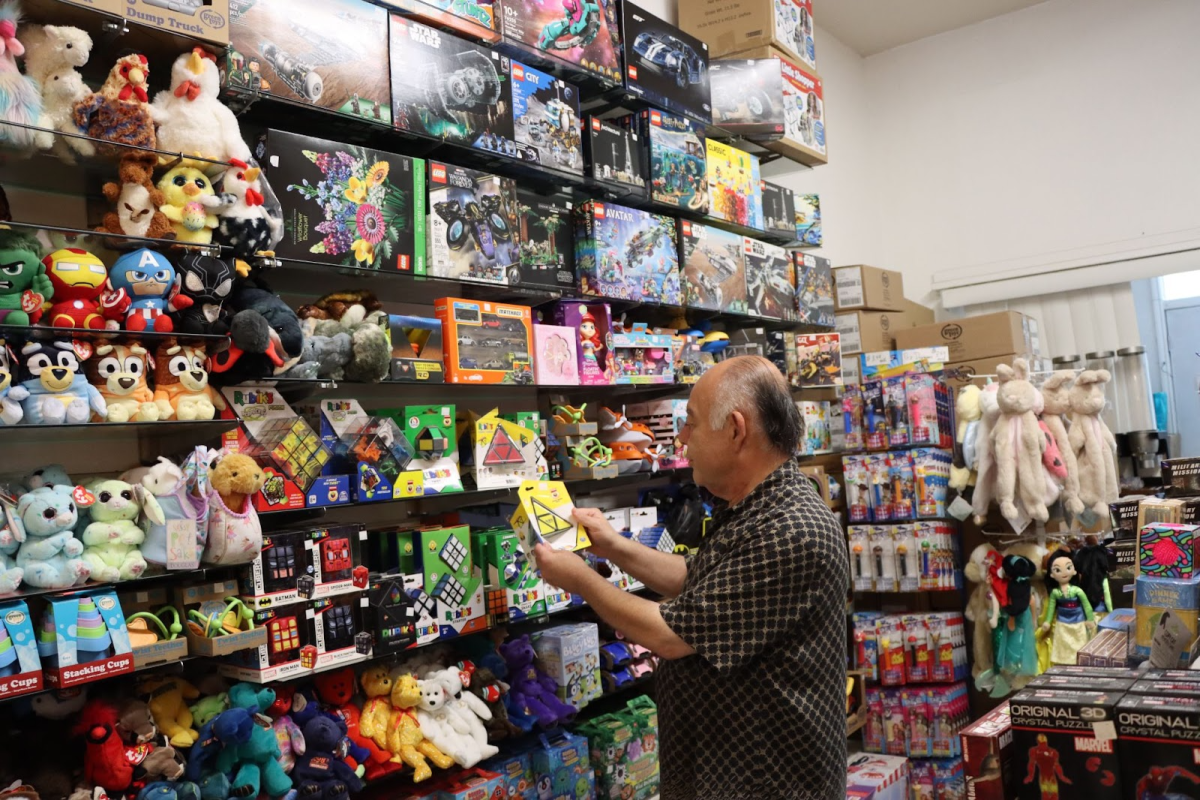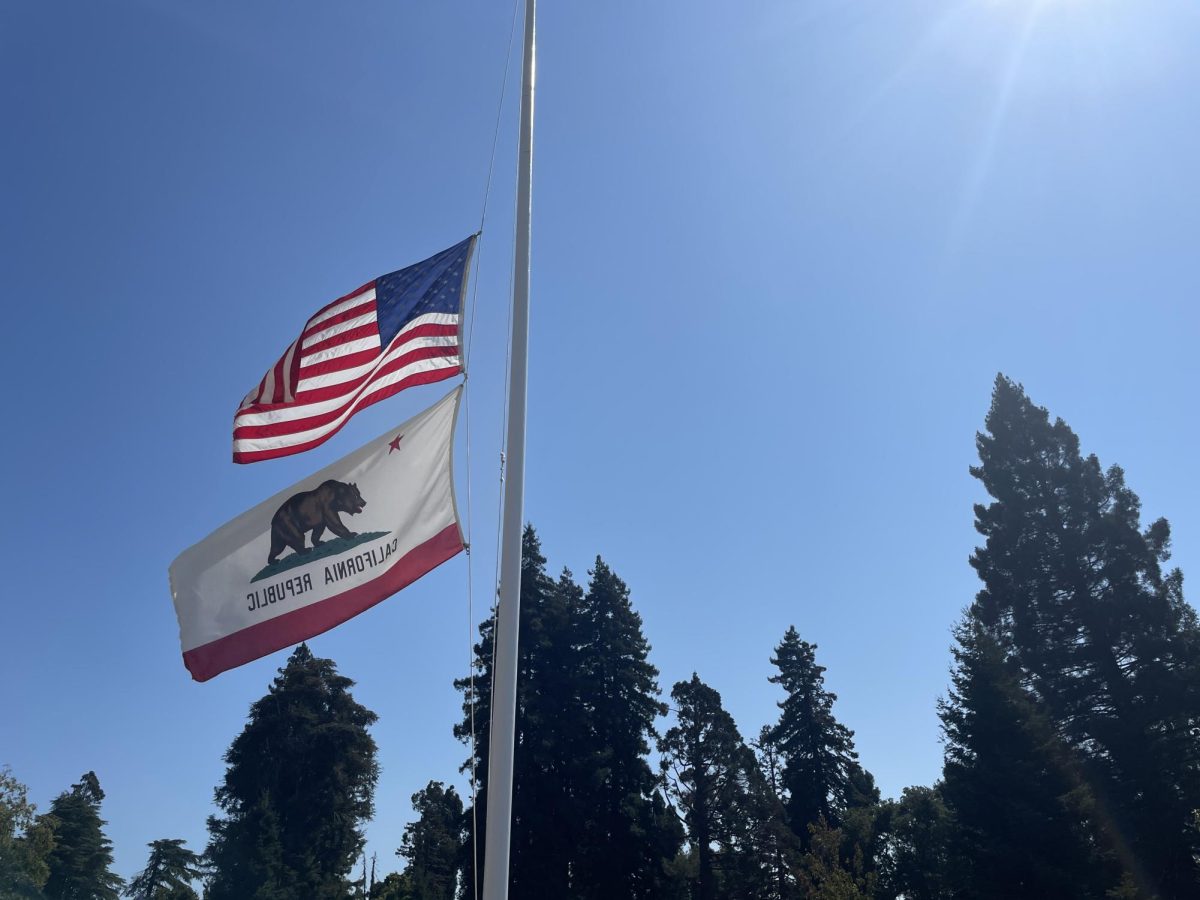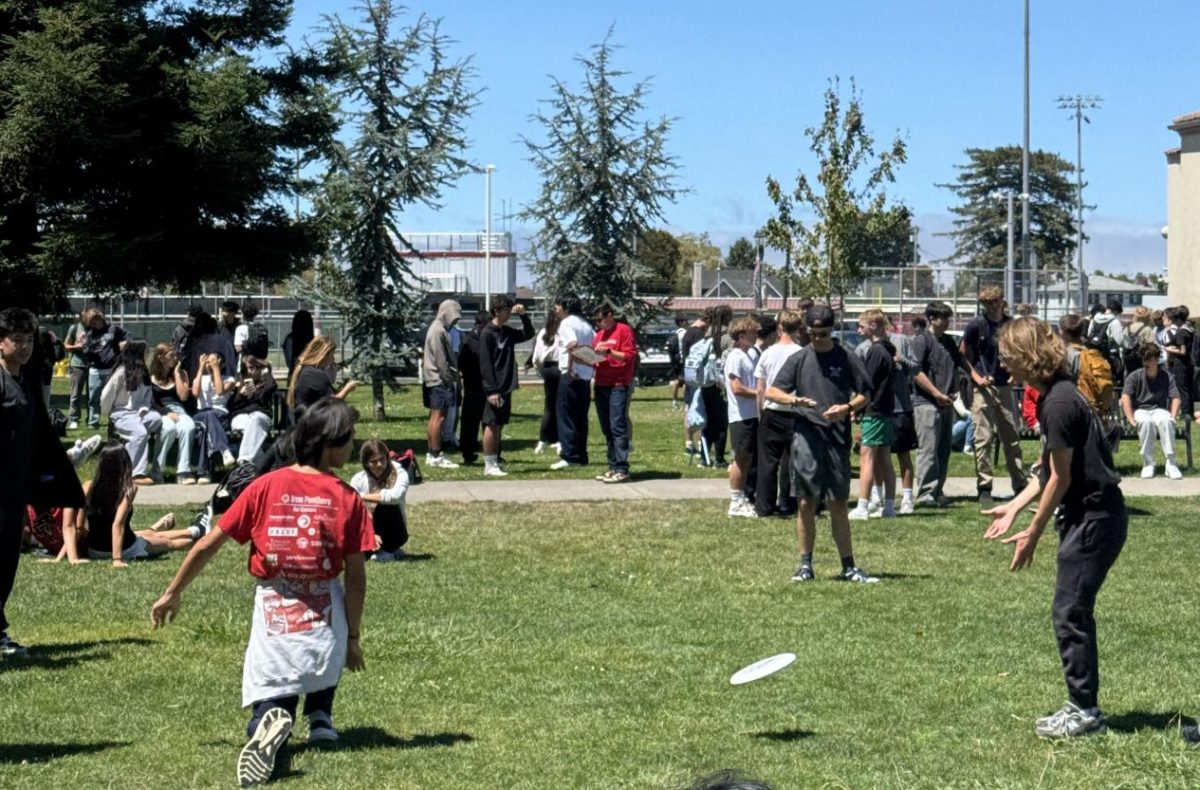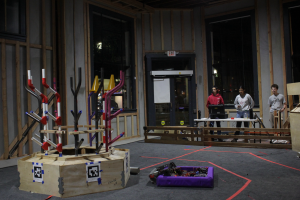Yes, high school students should be allowed to trick-or-treat
October 29, 2022
You’ve probably heard the cliche multiple times by now: being a kid is hard. As silly as that may sound, there is some truth to it. Being a kid in a world saturated with technology and social media is, simply put, not easy. Combine that with the demands of high school life, which has become a juggling act of academics, extra-curricular activities, work and the usual stresses of adolescence.
Enter Halloween, the one night a year when teenagers have the opportunity to relax and have fun like they did when they were carefree elementary school students.
Every year, as the leaves turn orange and the days colder, the debate about whether high school students should be allowed to trick-or-treat resurfaces.
While teenagers might be a little older than their elementary school selves, Halloween can still be a special day — a chance to dress up, decorate pumpkins and most importantly, trick-or-treat.
Yes, trick-or-treating is meant for little children, but it wouldn’t be in the spirit of Halloween to keep older kids from participating. Halloween is not only about pumpkins, buckets of candy and scary costumes; it is also about inclusivity, community, and face-to-face connection in an increasingly digital world.
That being said, I understand the argument that teenagers shouldn’t be allowed to trick-or-treat because they will be rowdy, loud, and pose a threat to younger children.
But it’s not fair to stop teens from trick-or-treating when some of them look forward to Halloween every year as a chance to dress up in costume, walk around the neighborhood and collect candy.
Why should we strip teenagers, who deserve a fun night, of the opportunity to trick-or-treat, especially at a time when they need it most?
It’s important to keep in mind that it’s been a while since children and teenagers experienced a normal Halloween. In October 2020, we were attending school online, and the majority of Halloween celebrations were small-scale gatherings.
Last year was an awkward in-between year, as people weren’t sure what festivities would be taking place.
But this year, even on Burlingame’s campus, there is excitement and anticipation coursing through the hallways. Teachers are decking out their classroom doors in orange and black. Students are scrambling to make plans. Festive decorations are plastered over every inch of wall space. Halloween is magical, and it would be unfair to restrict teenagers from trick-or-treating when they’ve missed out on two valuable years of that magic.
The last time a current high school freshman went pre-pandemic trick-or-treating was in their sixth grade year. By letting high school students trick-or-treat, we are giving them a chance to make up for missed opportunities.
However, trick-or-treating is a privilege, even for older kids. Teenagers are smart enough to understand the rules and expectations of Halloween. If you break rules and ruin the experience for everyone else, then no, you shouldn’t be allowed to trick-or-treat.
If teenagers abuse the privilege of trick-or-treating and misbehave, the privilege should be taken away from them.
Teens — if you want to experience the fun and excitement of Halloween, and the opportunity to trick-or-treat as high schoolers, don’t abuse the privilege. Be respectful of others, take appropriate amounts of candy and don’t disrupt homes that have gone to sleep.
If teenagers prove they can’t be trusted, the privilege of trick-or-treating can and should be stripped away.
Be careful teens — this debate depends on you.
Your chance to celebrate Halloween depends on you. Don’t mess it up.
You’re only a kid once, so take advantage of the valuable time before it gets taken away.













































